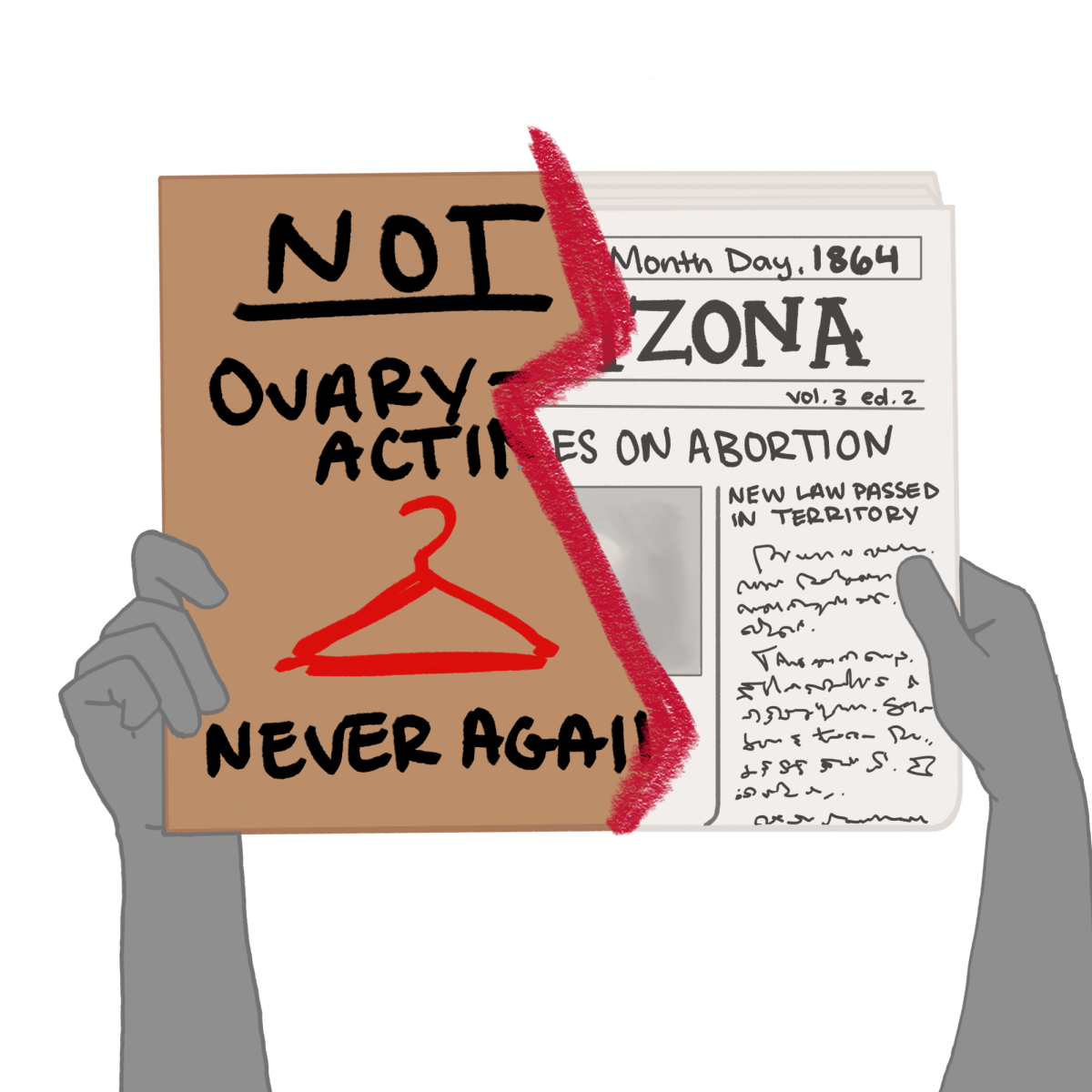By 1960 there were three billion people in the world. Each threatened by the perils of their time: the Soviets, the Americans, the atomic bomb, the end of it all.
Humanity is certainly very different now, twice its former size as a matter of fact. Sometime yesterday, Oct. 31st 2011, the world population reached seven billion people according to the United Nations Population Fund, and concerns of the continuation of the human species were brought back to the table.
Overpopulation has lead some experts to believe that we are siphoning towards mass hunger and depletion of human resources while some others warn that our billions upon billions might be the end of human dignity and freedom.
“Democracy cannot survive overpopulation. Human dignity cannot survive it. Convenience and decency cannot survive it,” Isaac Asimov, science fiction writer, said in 1989. “As you put more and more people into the world, the value of life not only declines, it disappears. It doesn’t matter if someone dies. The more people there are the less one individual matters.”
Asimov’s idea is based on the premise that people and states would do whatever they need to do to ensure their survival if resources are scarce, even to the extent of taking away civil rights from its citizens or exercising “necessary wars.”
The argument was first championed by the English scholar Thomas Malthus, who in the nineteen century opposed the optimistic ideas of the existence of forever improving societies. Philosophers, such as William Goldwing and the Marquis de Concordet believed that modernity would bring prosperity and thus a peaceful society. Sadly, that was not the case.
If the last century has taught us something it is that technological advancement was not the solution for famine or war. The benefits of technological advancement—higher living conditions, lower infant mortality, greater life expectancy—have brought new types of problems, in this case, the coming problem of hosting too many people.
More concerning is the demographics of such changes, where the poorest countries are the ones who have the fastest growing population. Latin America, the Southeast of Asia and the African Horn. In 1950 there were three Europeans for every sub-Saharan. Today, there are 16 percent more sub-Saharan and by 2100, there will be five sub-Saharans for every European. Women in Niger marry at fifteen and according to a 2006 report want a median of nine kids, which contraposes the desire of Nigerien men who statistically aim for thirteen.
Now that we are four billion souls wiser, how can we prepare for the other three billion people that will be born in our lifetime? Conscientious spending and waste disposal, planned parenthood, and an emphasis on education should be in the forefront of our priorities as a civilization, not only in developing countries, but in industrialized ones as well.

















